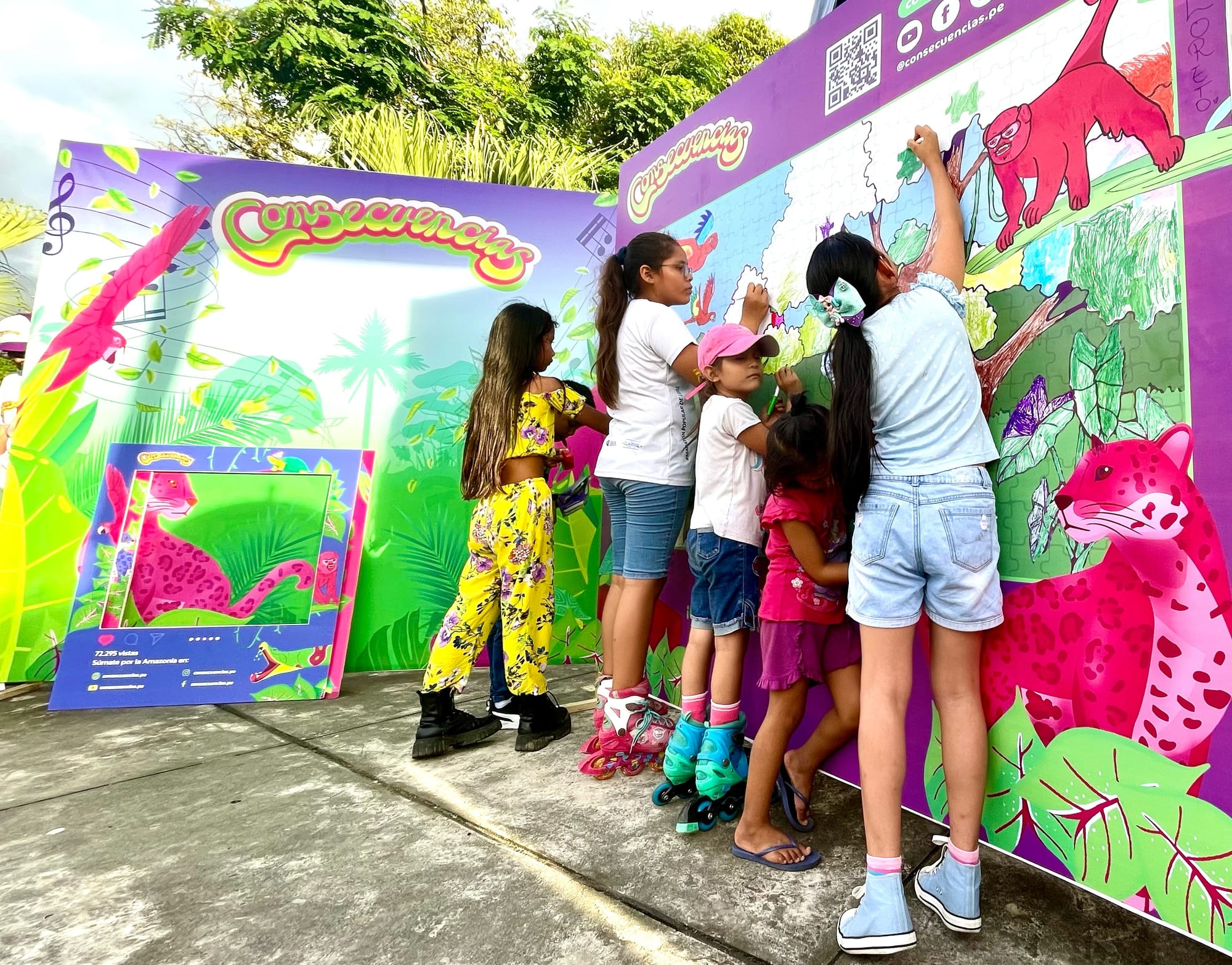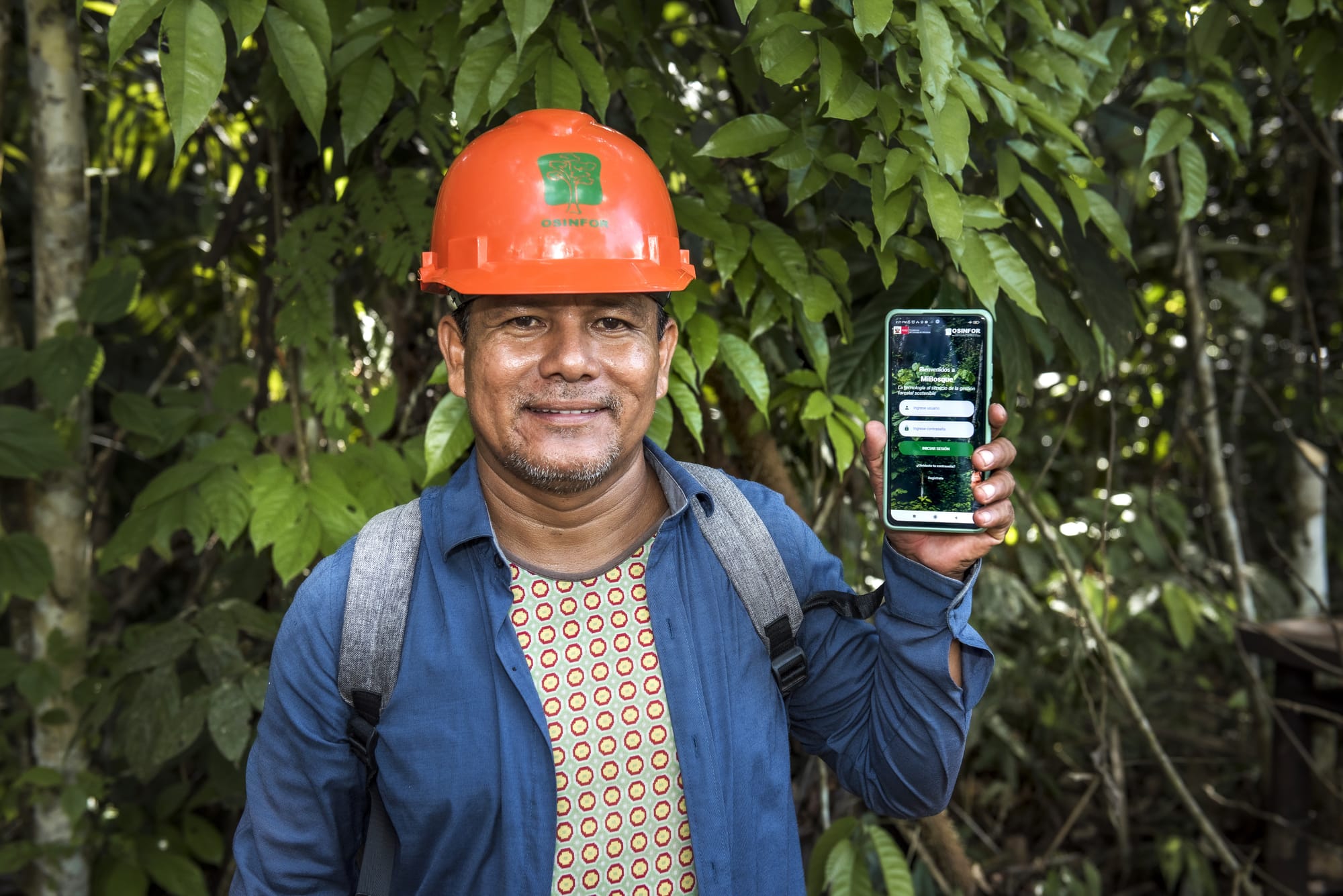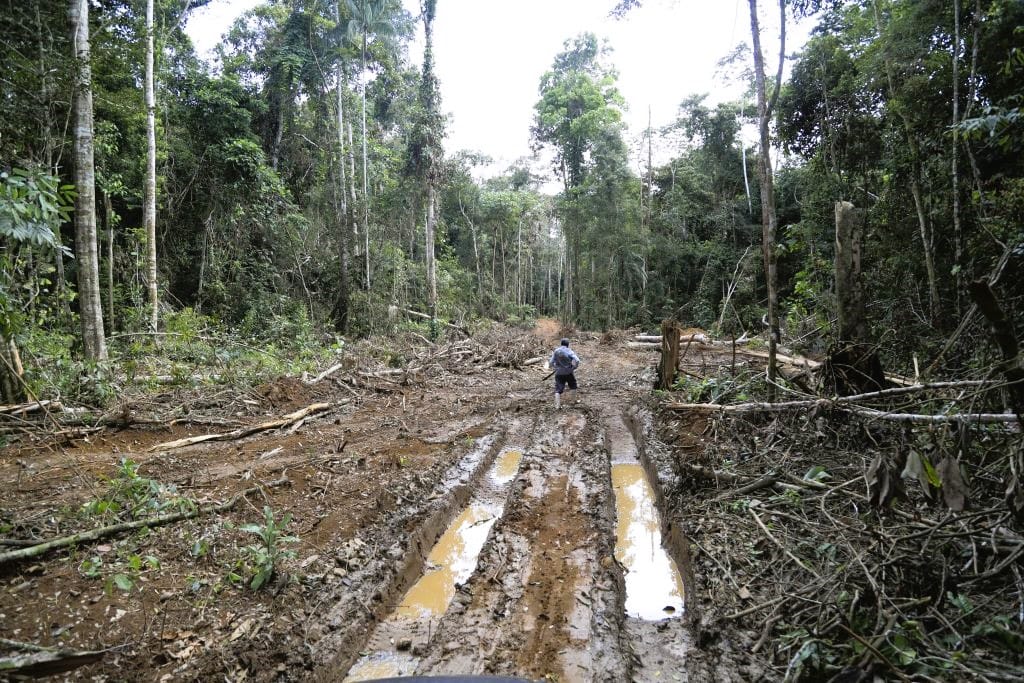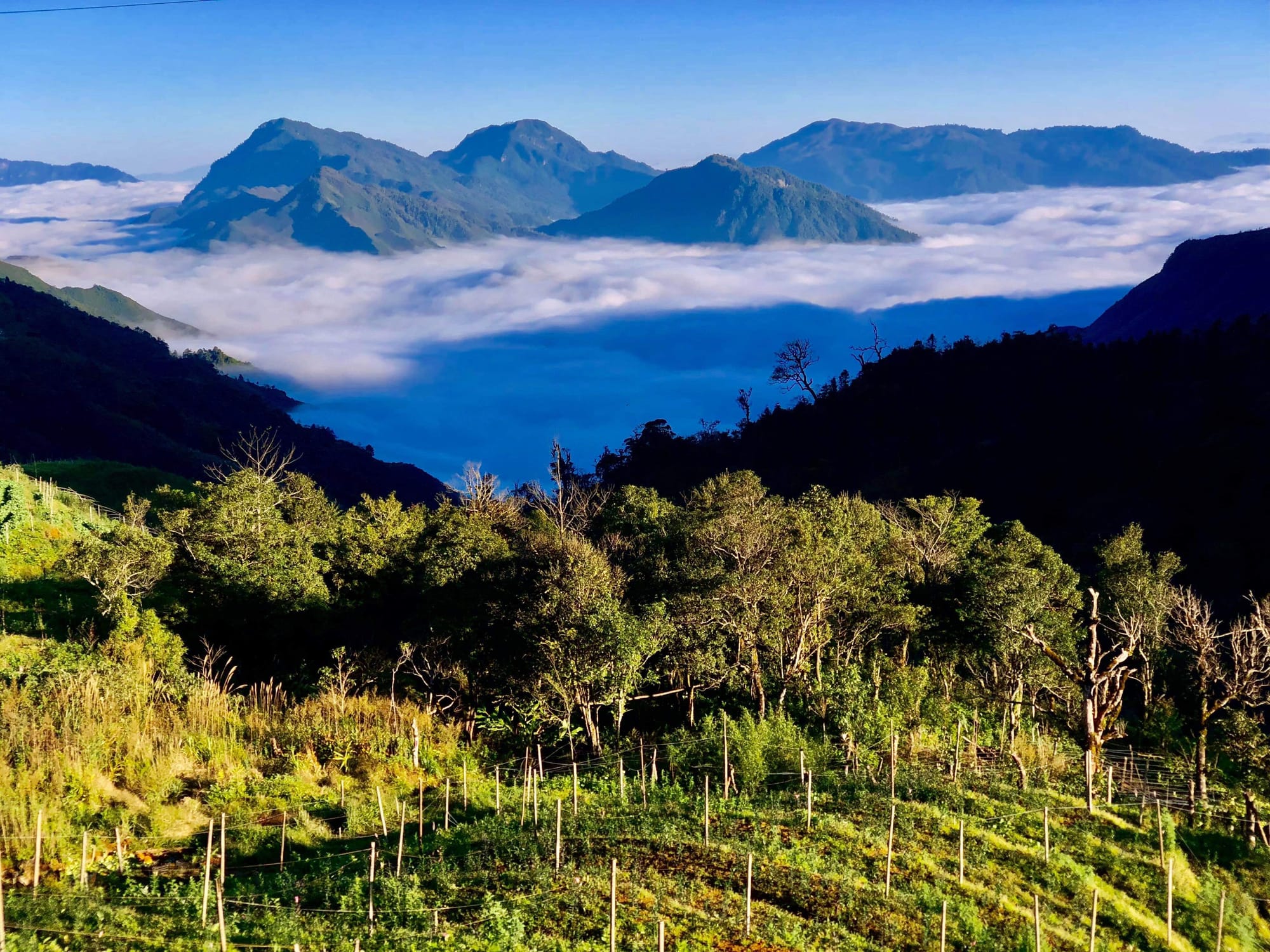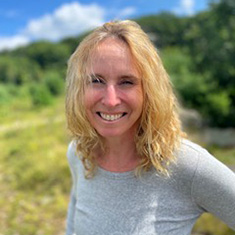The Amazon River originates in the mountains of southern Peru and its rainforests cover more than 60 percent of the country’s territory. Yet Peru is most frequently associated with the Andes and its ancient cultures or with cities such as Lima on its dry coast. The enormous contributions of the Amazon to the country’s culture, wealth, development, and well-being typically don’t feature prominently in most Peruvians’ understanding of the region.
Indeed, studies carried out by the U.S. Agency for International Development (USAID) Prevent project in 2020 revealed that one of the most dangerous threats to the Peruvian Amazon was the lack of awareness of its problems. Surveys showed illegal logging, mining, and wildlife trafficking weren’t seen as priorities or even thought of as crimes by most Peruvians.
Prevent set out to elevate the conservation of the Amazon on the public agenda and garner public support for its protection, knowing that without these efforts, any strategy to tackle environmental crimes would fall short.
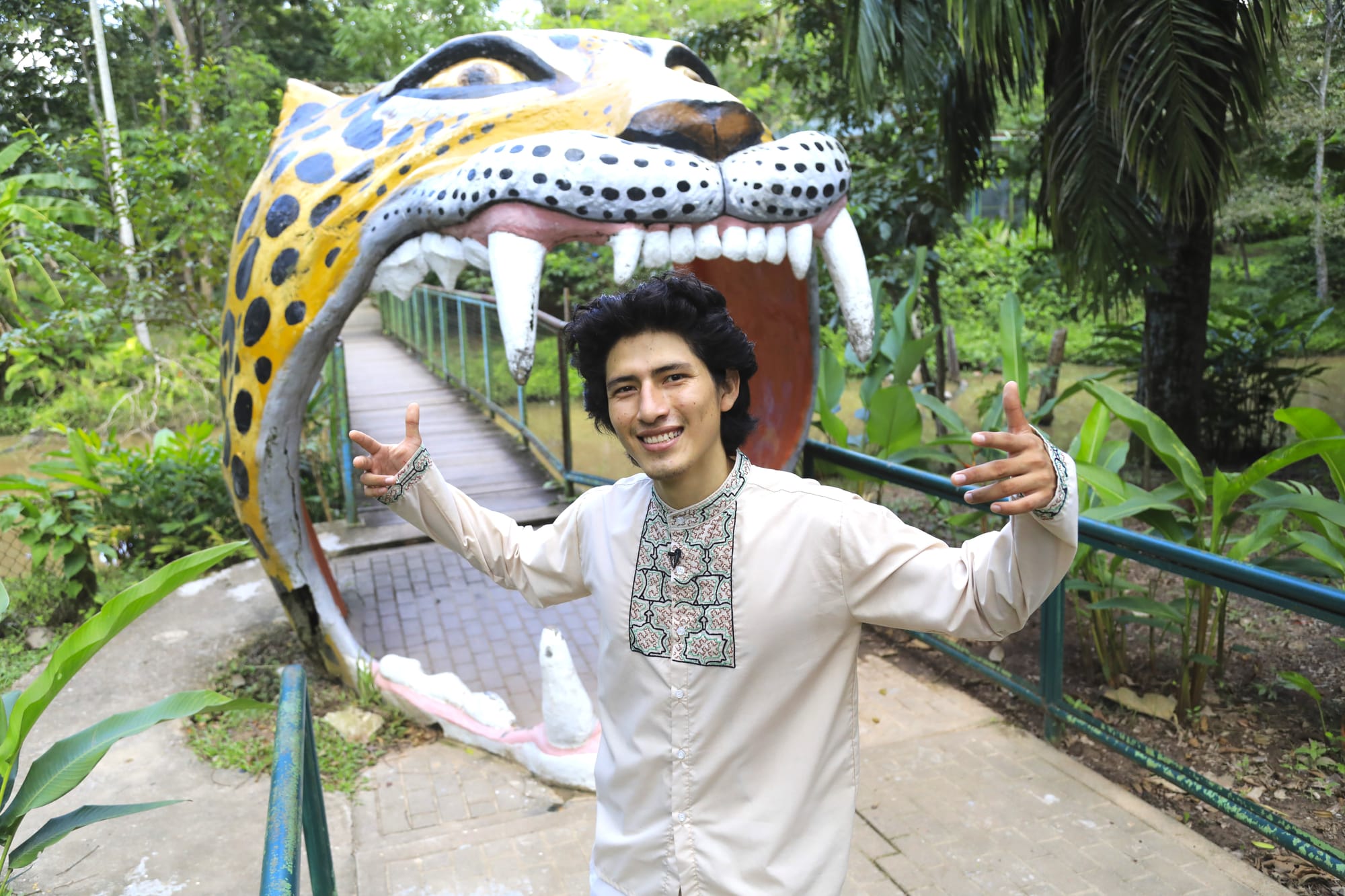
Targeting the Media
In the past, a perception of the Amazon as geographically distant and remote from people’s everyday concerns has limited domestic media interest in environmental crimes. So the project’s first step was to share knowledge and try to spark a more informed debate. To achieve this, Prevent engaged some 450 journalists and communications professionals through online, in-person, and hybrid courses.
The project also launched the country’s first investigative journalism contest on environmental crimes in the Amazon. Journalists submitted innovative project proposals to investigate environmental crimes, yielding more than a dozen in-depth reports in leading outlets such as El Comercio and Mongabay, covering issues from jaguar trafficking to the impact of illegal logging on Indigenous communities.
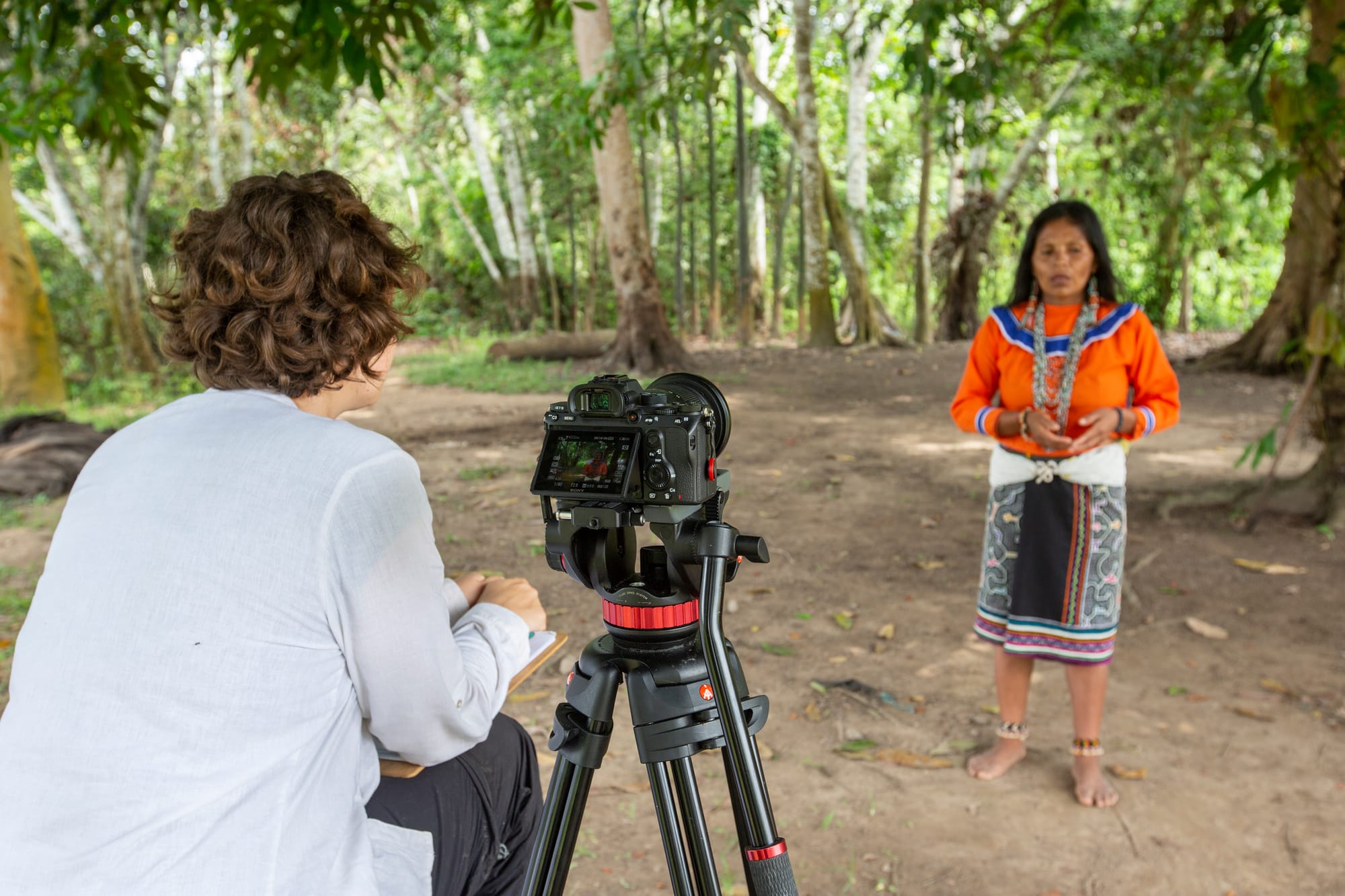
“Winning the environmental crimes investigation contest allowed me to develop reports on issues within my region that have never been published, highlighting environmental matters such as deforestation and organized crime,” said Manuel Calloquispe, winner of the first contest. “These long-term investigations involve exhaustive and high-risk fieldwork that cannot be achieved through daily coverage.”
At the same time, Prevent launched a knowledge hub on environmental crimes on its website to house legal assessments, scientific studies, policy papers, and other resources for lawmakers, journalists, academics, and other audiences. The first online platform dedicated to environmental crimes in the Peruvian Amazon, the hub houses more than 150 original knowledge products—including studies, videos, podcasts, and infographics—and has become one of Peru’s most consulted online sources on environmental crimes, attracting more than 230,000 visitors and referenced by respected information platforms and media outlets.
Between 2019 and 2024, this integrated strategy yielded over 2,400 news stories and reports in local and national outlets. As journalist Ivan Brehaut, winner of the second edition of Prevent’s journalism contest, said:
“The biggest need right now besides planting trees in the forest is planting trees in people’s minds. People need to be informed and know what we are facing.”
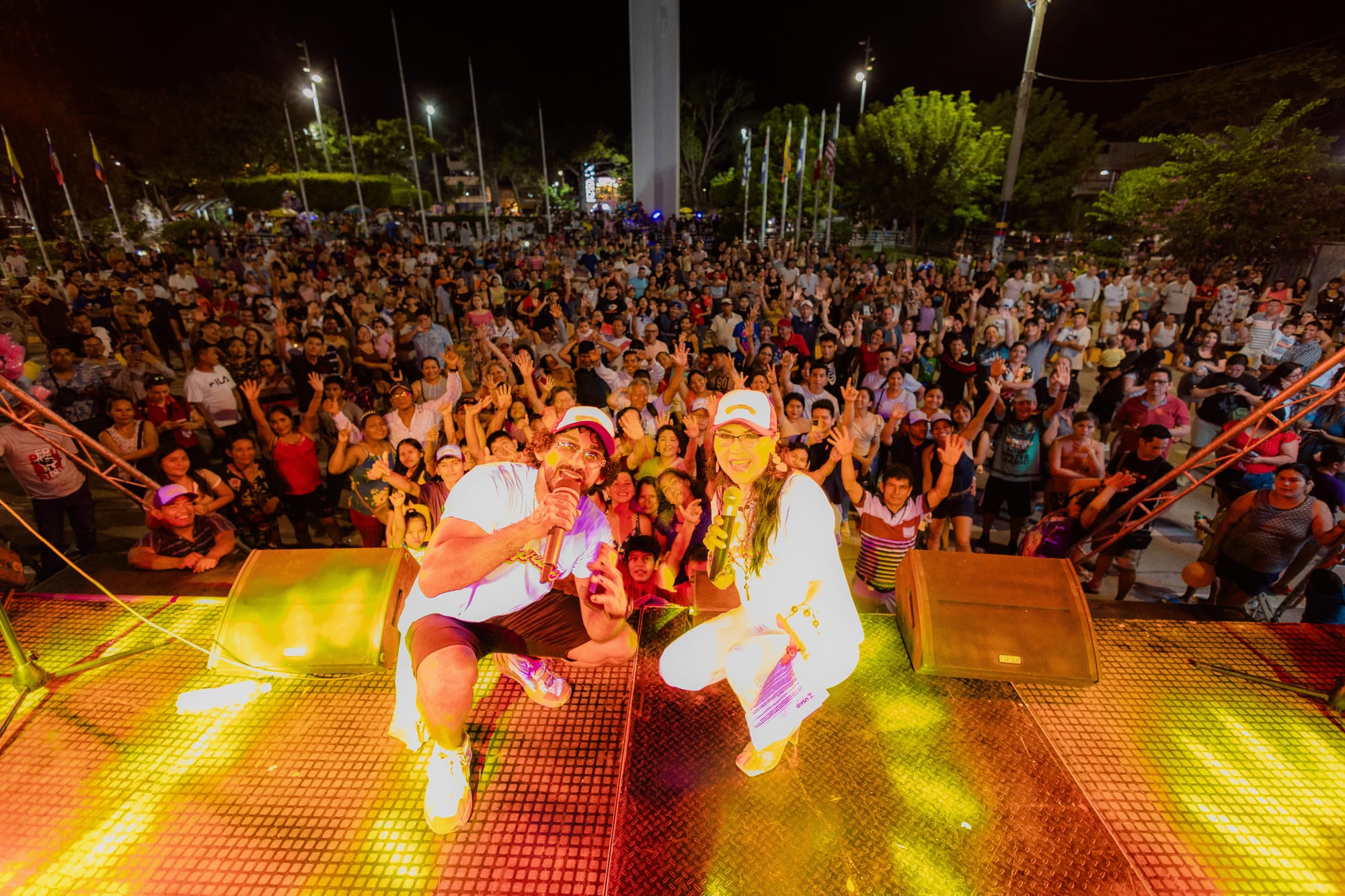
Viral Music for Conservation
To complement its media outreach, Prevent also set out to engage a broader local audience in the cause of environmental crime prevention.
Amid the general lack of understanding of environmental crimes, studies identified an opportunity: young people, it turned out, were more likely to see the Amazon as part of their national identity and were eager to learn about it. In response, Prevent launched the Consecuencias (Consequences) campaign in 2021, inviting the pop band Orquesta Explosión de Iquitos to create the first cumbia song—a style of music popular in Peru—dedicated to the conservation of the Amazon.
Within days, a video of the song drew 800,000 views on social media. Shortly after, rapper El Ninio from Pucallpa, a city in Ucayali, joined the cause, creating a hip-hop song about the effects of environmental crimes and generating a new wave of attention on social media. “I try to make sure every song has a reason, an experience, a reflection. I can't consider myself an artist if I'm not socially responsible,” says Pedro Pablo Salas, a.k.a. El Ninio. “It’s incredible seeing how far we’ve come.”
Dozens of other local and national young artists joined in as ambassadors, and leading companies such as LATAM Airlines, Electroriente, and ElectroUcayali extended the campaign’s reach. The intense media focus, a profusion of fun content on social media, and the endorsement of Amazonian music legends—all coming together through music festivals in Loreto, Ucayali, Madre de Dios, and Lima—consolidated Consecuencias as a collaborative model for raising conservation awareness among young people.
Rossy War, one of the most popular singers in the Amazon and an ambassador for Consecuencias, underscored the urgency of the effort: “We need to join efforts through social media and talk about this with our friends to help prevent environmental crimes.”
After its third year, the Consecuencias campaign surpassed 700 media appearances, more than 100 renowned artists and opinion leaders stepped up as ambassadors, and 70 leading companies and other allies contributed more than $1 million to prevent environmental crimes. More importantly, Consecuencias achieved its goal of elevating Amazon conservation in the minds of Peruvians, and especially the younger generation of Peruvians who will define their country’s future (campaign studies indicate it reached “recall levels” of around 80 percent and a “positive valuation” of more than 90 percent).
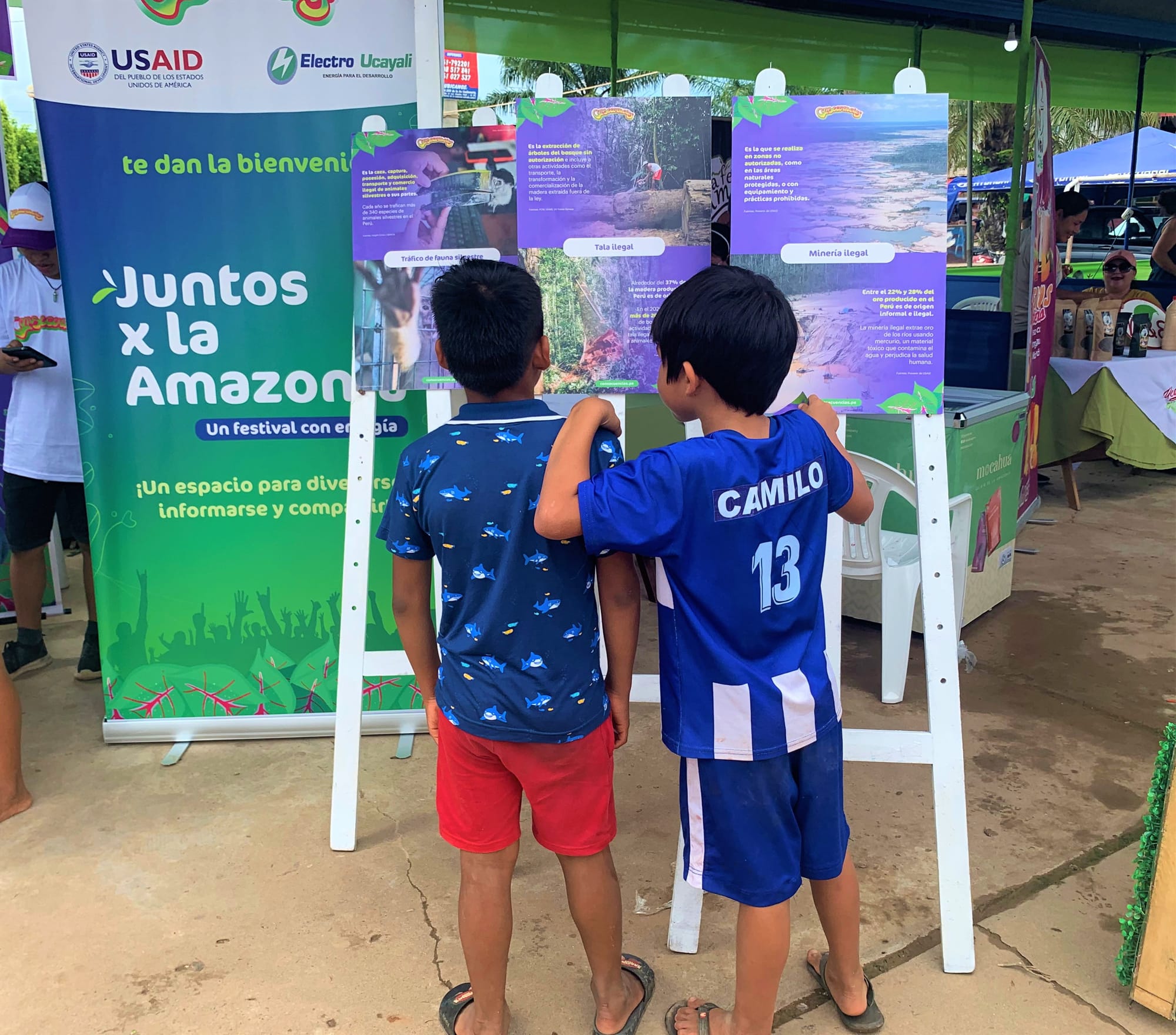
Accolades followed. Consecuencias received the highest recognition for an environmental initiative in Peru: the National Environmental Award, granted by the Presidency of the Republic of Peru. And it won two Eikon awards specifically for communications.
Prevent’s broader communications strategy encompassed working with the media, music festivals, radio soap operas about illegal mining (available on Spotify), videos aired on commercial flights, urban murals, infographic panels in airports, and advertising content in shopping centers. Consecuencias, in particular, proved to be a valuable model for how music and entertainment combined with passionate, influential ambassadors can engage the public. A once remote part of Peru is now closer to the everyday lives of Peruvian citizens, and we hope that this awareness will mean a more sustainable future for the Peruvian Amazon.
Key Prevent Results
- 450+ trained journalists and communication professionals.
- 2,400+ news stories and reports on environmental crimes.
- ≈ $1m in promotional actions to prevent environmental crimes with the private sector.
About USAID Prevent. From 2019 to 2024, Prevent worked with the government, civil society, the private sector, and citizens to prevent and combat environmental crimes (illegal logging, mining, and wildlife trafficking) to conserve the Peruvian Amazon and ensure the well-being of its inhabitants. Learn more here: www.preveniramazonia.pe

